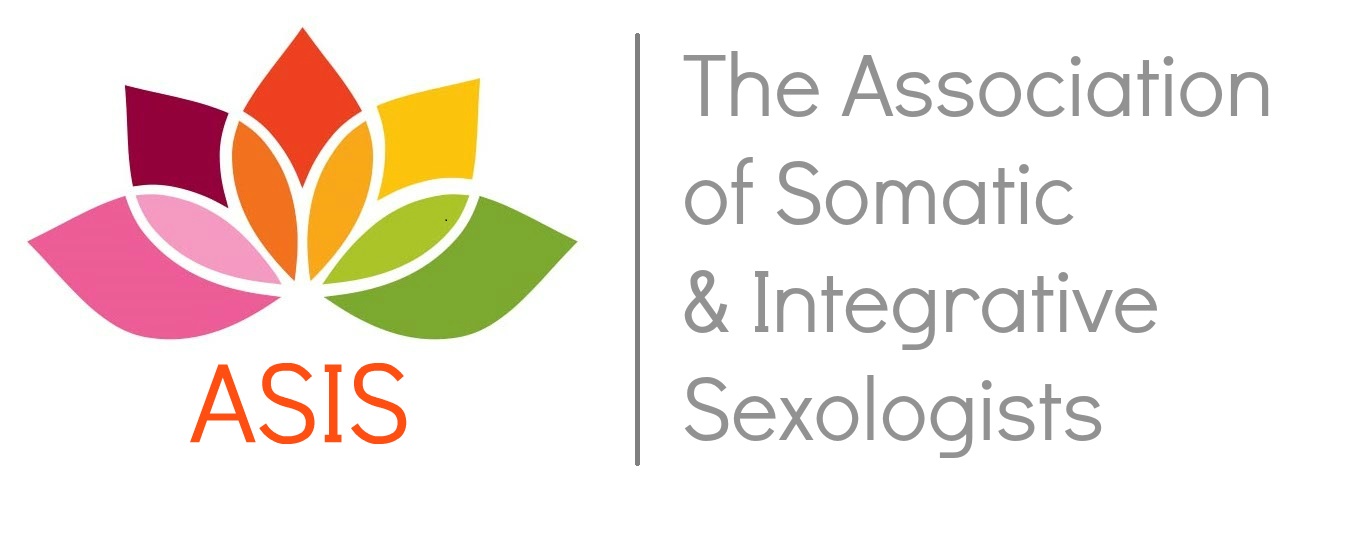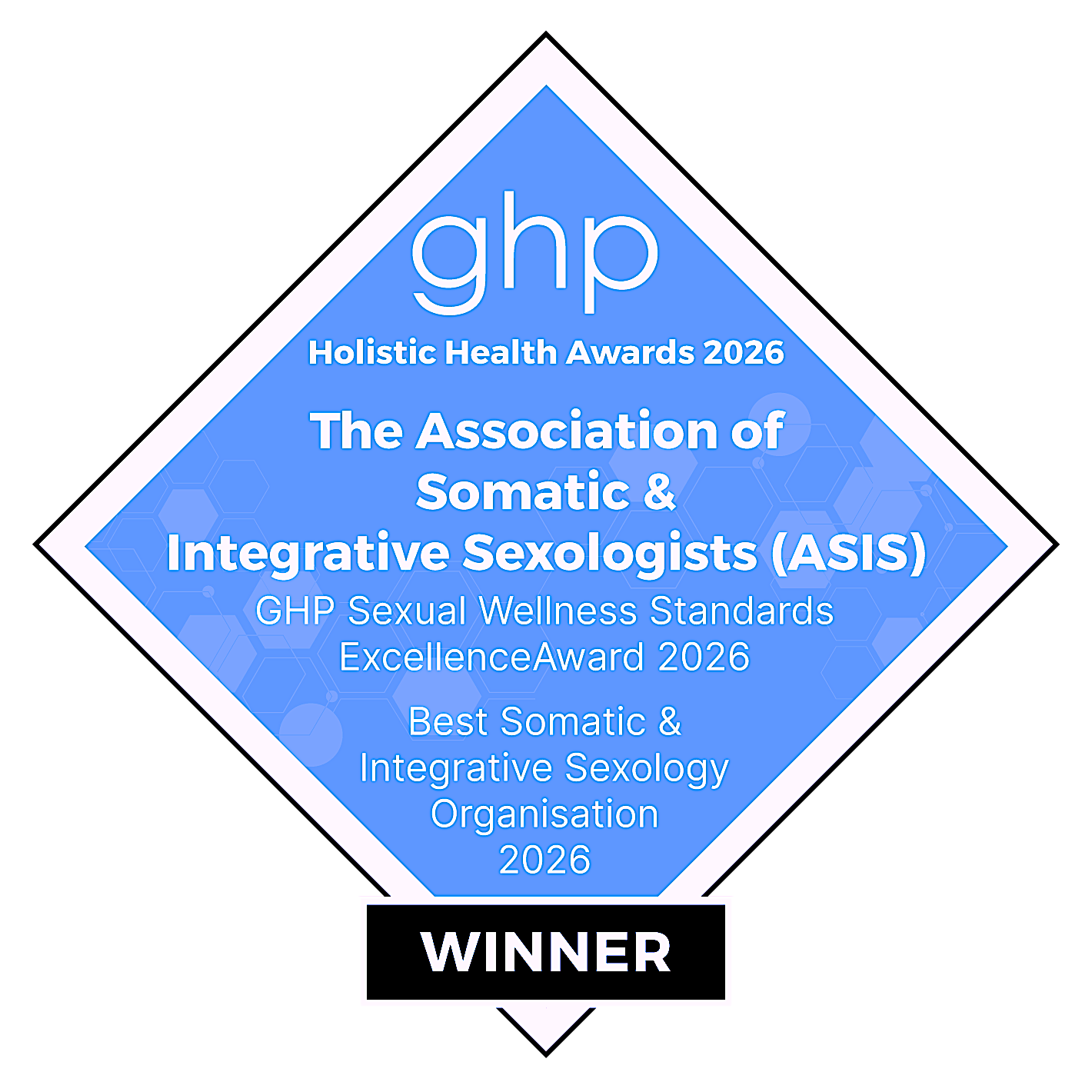ASIS Complaints Procedure
This Complaints Procedure is designed to hear and address ASIS Clients' concerns about ASIS members. We aim to respond to submissions within 10 days
Contents:
Principles
Instigation of complaints procedure
Overview of the process
Complaints Procedure in Detail
Stage 1 – Mediation
Stage 2 – Complaints Procedure - Written Submissions
a. Initial Steps
b. Ethics Panel Assessment
Possible Actions / Recommendations
Appeal
Monitoring
Non-compliance
Other Points
Records of Complaints
ASIS Findings
Principles
This process is based on the following principles:
Emphasis on fair, fast, timely and transparent resolution to avoid unnecessary stress for all parties, within the limits of a voluntary organisation
A resolution process that is supportive of all parties
Proportionate response
A clear, consistent and independent process
Commitment to transparency through reporting at the Annual General Meeting and publication of findings on this page
Commitment to inform other public bodies about relevant issues both for legal compliance and best practice reasons
Protection for ASIS Members and Clients
To uphold the standards and confidence in Somatic Sexology
Instigation of complaints procedure
We will instigate the complaints procedure if we receive a complaint about an ASIS Member that we feel warrants further investigation regarding their conduct or fitness to practise.
Complaints about Student Members will be referred to their training institute/school.
Relevant matters might be raised by:
A client
Another member of ASIS
A member of another, related, public body or professional organisation
Overview of the process
The ASIS Member’s supervisor may be contacted in stages 1 and/or 2.
Stage 1
Resolution through mediation.
If the issue cannot be resolved through mediation, we then move to Stage 2 - written submissions.
Stage 2
Our complaints procedure is overseen by our Ethics Panel. For reasons of impartiality, the Ethics Panel includes practitioners and experts for consultation who are not ASIS Members, in addition to members of ASIS.
1a. The Ethics Panel will request and assess written submissions from all parties.
1b. The Panel may request a meeting between the involved parties. Any such meeting could be in person or by video conferencing and will be recorded. If the parties decide to attend in person, they are responsible for their own costs of attending.
2. Distribution of ASIS' Findings and recommendations to all parties involved
3. Sharing submissions from all parties with all parties.
4. Publishing the Findings here to remain on view for a minimum of one year.
5. ASIS to create and retain records of complaints.
6. If necessary, taking action in the case of non-compliance by Members.
Complaints Procedure in Detail
Initiating a complaint
To make a complaint or raise a concern, the complainant first needs to contact the Chair of the Ethics Committee (“Chair”) by email info@the-asis.org
The Chair will assess the seriousness of the complaint and the implications for the Member's practice, offer options for how this can be resolved and identify if other authorities need to be informed
If the complainant is keen to try resolution through mediation in the first instance, they will be referred to a mediator / mediation team
Stage 1 - Mediation
Mediation sessions are conducted by an experienced practitioner who is either a member of ASIS or a non-member who is familiar with the nature of the work of the ASIS Member in question; has mediation experience; and who both the complainant and Member express written confidence in. It can take place by video conferencing or in person.
Any costs of the process will be met 50:50 by the complainant and the Member.
If either party chooses to engage additional expertise, for example a solicitor or external adviser, the cost will be met in full by that individual.
If the issue is successfully resolved to the mutual agreement of all concerned, the complainant and the Member sign a completion agreement, outlining the agreed actions, signalling the end of the dispute and committing them to any terms that have been agreed during the process, which entails the Member agreeing to these terms voluntarily.
Stage 2 – Complaints Procedure - written submissions
If mediation is not agreeable to either party and/or no agreement is reached, or if either party is not happy with the outcome of mediation, Stage 2 of the Complaints Procedure commences with written submissions.
a. Initial Steps
The complainant will be asked to submit a written complaint and submit this to the Chair. If the Chair does not feel there is sufficient information to support the allegation(s), they will write to the complainant requesting clarification. The complainant may resubmit the concern again (once only) for clarification.
The Chair will also reassess at this stage if other authorities need to be informed of the nature of the complaint, such as the Member's training organisation.
If the content of the complaint suggests that a Member’s practice is putting the public at risk, the Member’s pubic profile may be temporarily removal from the online ASIS Practitioner’s Directory, or an 'interim suspension from ASIS’ notice may be added to their profile.
A member of the Ethics Panel will ask the Member to submit a written response to the complaint received.
In the interests of transparency, both submissions will be shared with each party, either at the end of the process or earlier as deemed appropriate.
b. Ethics Panel Assessment
The Ethics Panel, consisting of the Chair and two or more members of the Ethics Panel will review the specific complaints and respond to each in their written Findings which may include specific recommendations. The Findings will be will be notified to all participants in writing, retained as part of the record of complaints, and published on this page for a minimum period of one year.
A complaint can be quashed or upheld.
Possible Actions / Recommendations
The types of actions or recommendations that may be made if a complaint is upheld by the Ethics Panel may include one or more of the following:
Member is required to apologise in writing to the complainant, acknowledging their mistakes or errors in judgment and what they would do differently in future
A warning letter is issued to the Member outlining areas of specific conduct issues
The Ethics Panel requests that the Member submits a written report to the panel within a certain time period outlining what they have learned from this experience
A requirement for further training over a specific time period is issued
A requirement for additional supervision or mentoring over a specific time period is issued
Conditions are imposed on the Member’s practice for a specific time period
A suspension order is issued for a period of up to two years, usually accompanied by a requirement for additional training/supervision, with assessment as to readiness for readmission at the end of the agreed period
The Member’s registration with ASIS is terminated. No refund of membership fees will be offered in this case and there may be implications for associated insurance held by the Member
Appeal
A Member may appeal against an action or recommendation if they feel it is too severe, or if they believe there has been an error in the conduct of the proceedings of the complaints process
Appeals must be submitted within 28 days of the original decision to The Executive Committee
If the Executive Committee discovers that there were errors in the procedural process that affected the outcome, the complaint will be referred to another Assessment (with at least one new Ethics Panel member or by the Executive Committee itself)
The Executive Committee may dismiss the Appeal or amend the outcome as it sees fit
Monitoring
The Ethics Panel will monitor any actions requested of a practitioner for the appropriate time and update the records accordingly.
Non-compliance
If a practitioner does not comply with the actions/recommendations, or is unable to give a reasonable explanation as to why they have not complied, the Ethics Panel will assess next actions, ultimately leading to terminating the practitioner’s registration if they do not comply and cooperate with them.
Other Points
The Complaints Procedure is valid for all Members.
Any costs to be incurred by ASIS in the process must, unless in exceptional circumstances, be approved in advance by the Executive Committee.
This procedure is valid for anyone to make a complaint so long as the practitioner was on the ASIS register when the alleged incident took place and is still on the register when the complaint is submitted.
Complaints should be generally be made within 6 months of the incident occurring.
If a Member resigns to frustrate or avoid the complaints process, ASIS will refuse to accept their resignation until the complaint has been fully investigated.
If an allegation is brought regarding a Member’s physical or mental health, the Member may be invited to attend an assessment with a suitably qualified medical practitioner appointed by ASIS at the Member’s own expense.
If a complaint is issued against members of the Executive Committee or Ethics Panel, they will be excluded from the specific proceedings whilst this case is being reviewed. If the case is dismissed, they will be able to resume their role in full.
Recording Complaints
ASIS will update and retain records of all complaints.
The records will:
Track how the complaint was handled
Contain details of the outcome
Log progress on follow-up and monitoring
Log which complaints were referred to outside bodies and which outside bodies were informed of the nature of the complaint


